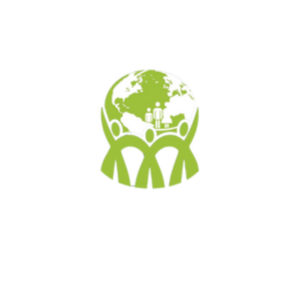In April, Migrant Action established strategic partnerships with Tulia | Legal Advice & Holistic Support for Migrants and Home | Carag both grassroots and migrant-led organisations based in Coventry supporting refugees and migrants. Building solidarity through collaboration is central to our theory of transformative change by fostering migrant and community justice.
Through collaboration we enhance our learning partnerships, increase our capacity for service delivery and develop access to pathways for influencing positive change. Our partnerships and collaborative processes centre the voices, expertise and resilience of communities of lived experience of the ‘hostile environment’ policies of the UK immigration system.
These partnerships also offer opportunities to counter the effects of policies whilst articulating and enabling a welcoming and supportive environment for migrants and local communities to thrive together. Through radically inclusive collaboration, we cultivate, develop and share good practice in humble, generous and transformative leadership by working directly with all ‘migrants’ of diverse skills, abilities, knowledges, and experiences across generations to develop innovative approaches to address intersectional challenges.
In doing so, we empower migrants to transform vulnerability and enable communities build new cultures and infrastructures that are sustainably responsive to present needs and future challenges. As such, Migrant Action and our local partnerships are ‘Empowering Enablers’ for migration justice and resilient communities. We are excited about the prospect of these new partnerships, humbled and grateful to the people we collaborate with and the communities we serve as we work towards a more liberating and transformative future.
Deep gratitude to Rumbidzai Bvunzawabaya (Founder & CEO of Tulia) and Nathan Ndlovu ( Chair of CARAG) who inspired this partnership and collaboration.







